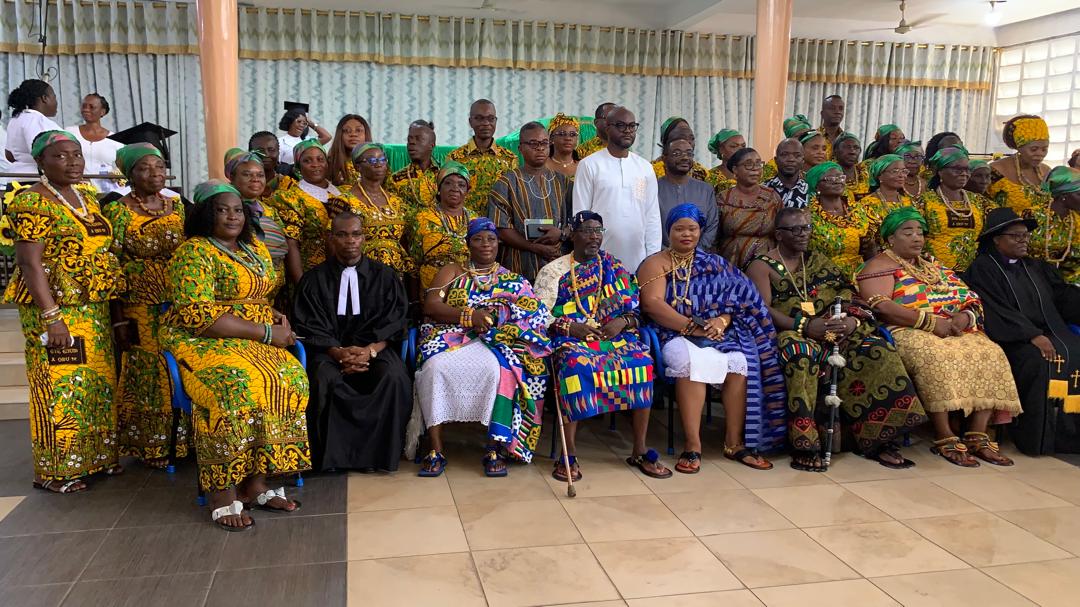The Ghana National Petroleum Corporation (GNPC) has reaffirmed its commitment to playing a pivotal role in shaping West Africa’s energy landscape, positioning itself as a key driver of regional integration, sustainable development, and energy security.
In a recent statement, GNPC emphasized its strategic focus on cross-border partnerships, infrastructure development, and natural gas expansion, in line with the broader energy transition goals of the Economic Community of West African States (ECOWAS).
The Corporation’s leadership highlighted ongoing collaborations with neighboring countries, particularly Côte d’Ivoire, Burkina Faso, and Nigeria, to expand energy access and improve interconnectivity in power generation and petroleum resource management.
“As Ghana advances its domestic energy agenda, GNPC remains firmly committed to a regional vision that ensures shared prosperity and long-term energy resilience,” said [insert GNPC official name if available], adding that West Africa’s energy future depends on strategic collaboration.
GNPC reiterated its commitment to positioning natural gas as Ghana’s primary transition fuel, citing its cleaner emissions profile and potential to drive industrialization across the sub-region.
Ongoing investments in gas infrastructure, pipeline networks, and LNG processing are expected to strengthen Ghana’s role as both a producer and reliable energy partner in the region.
The Corporation also noted the importance of leveraging its upstream assets and deepening exploration in underdeveloped basins to maintain long-term energy security and boost national revenues.
As Africa confronts the dual challenge of meeting rising energy demand and addressing climate change, GNPC believes that local content, responsible resource management, and intra-African collaboration will be critical.
“GNPC is not just focused on Ghana. We’re working to ensure West Africa has the infrastructure, investment, and policy alignment needed to thrive in the global energy transition,” the statement read.
The Corporation has pledged to deepen its technical capacity, strengthen regulatory compliance, and contribute to shaping Africa’s voice on energy matters at global forums such as COP and OPEC+ consultations.
Source: Myxyzonline.com





